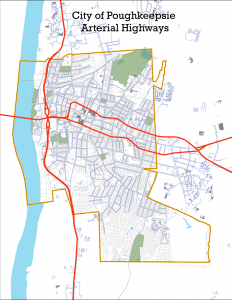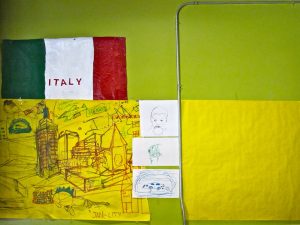Guest post by Glenn Geher, Professor and Chair, Department of Psychology, and Founding Director of the Evolutionary Studies Program, SUNY New Paltz.
My Bronx grandma, Pearl Trilling, was fond of reminding me that experience was often the best teacher. “You’ll really understand Glenn,” Grandma Trilling would say, “when the shoe pinches you.”

My experience through the years has confirmed the observation that people rarely care much about a problem until they are directly affected. When the shoe pinches you, that’s when you care.
To say the least, the shoes Donald Trump is trying to make America wear are pinching lots of people, in lots of place, in lots of ways. Think immigration. Think health care. Think the environment. Elsewhere, I’ve spoken out on all of these issues. But because I work in higher education, I feel the pinch there directly.
A few weeks ago, I was informed about an international boycott on academic conferences in the USA – supported by thousands of academics from all around the world (as reported in Times Higher Education). The abortive executive order banning Muslims from seven nations, among other presidential actions, has led scholars world-wide to organize to take a stand against what is happening in our country. (Thankfully, that order, as well as a more narrowly focused redo, has thus far been stopped in its tracks by the courts.)
Continue reading






